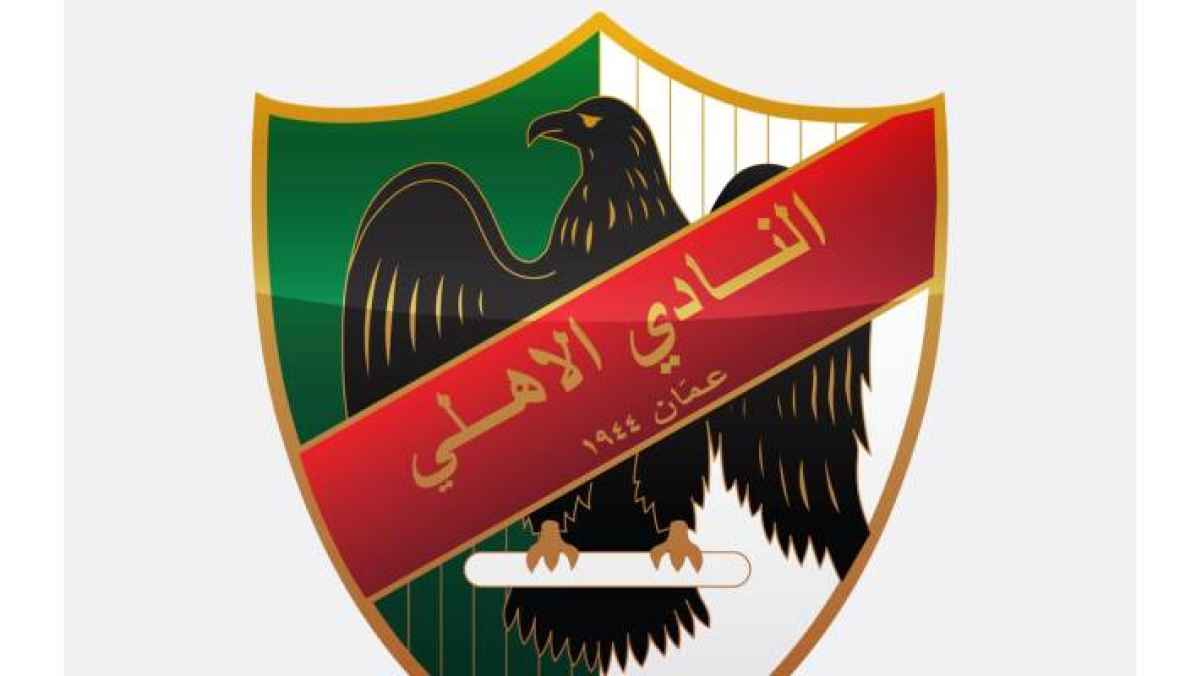Al-Ahli SC of Jordan announces it will not participate in the 2025 Basketball League

Al-Ahli SC, one of Jordan’s most prominent basketball clubs, has officially announced its withdrawal from the 2025 Premier League season. In an extensive statement, the club attributed its decision to “a series of fundamental shortcomings” in the management of Jordanian basketball, criticizing the lack of professionalism, financial fairness, and transparency.
In a surprising move, Al-Ahli issued a formal statement explaining its decision not to participate in the upcoming basketball league, describing it as a “responsible stance” aimed at protecting the sport from “further decline” and advocating for a fair and professional sports environment.
The club based its decision on 20 key weaknesses within the federation’s system, affecting technical, administrative, financial, and marketing aspects.
Lack of vision and professionalism: The club heavily criticized the regulations issued for organizing the league, describing them as “unworthy of a professional league” and reflecting a “decline in institutional vision.” Al-Ahli also pointed to the inconsistency in the number of participating teams, noting the increase to 10 teams this season followed by a reduction to 9 the next, which causes logistical and financial challenges for clubs and destabilizes the league.
The statement highlighted the federation’s weak administrative staff, accusing it of issuing directives “without clear oversight” and making decisions “personally or exceptionally,” undermining fairness and credibility.
Financial crisis and lack of transparency: Financial and marketing issues were central to the club’s criticism. Al-Ahli asserted that the federation “has failed to secure any official sponsors or marketing partners for the league to date,” meaning clubs bear all financial burdens without returns.
The statement also criticized the uniform financial support mechanism for all clubs, arguing that it is “unreasonable” for a team eliminated in the first round to receive the same support as a finalist, describing the current support as a “financial burden” rather than a development opportunity.
Additionally, the club accused the federation of complete lack of transparency in managing revenues, stressing that “sponsorship and broadcast revenues are the rightful property of participating clubs and should be fully transferred to them without deductions.”
Player development concerns: Al-Ahli criticized the increase in the number of foreign players, which weakens opportunities for Jordanian athletes, and also condemned the federation’s lack of vision in developing youth categories, as well as its insistence on rigid age and playing-time requirements that “undermine team stability.”
Al-Ahli proposes a roadmap: Believing in “building rather than destroying,” Al-Ahli concluded its statement by proposing a collaborative initiative with the federation to formulate a comprehensive development strategy, including four main points:
- Holding a national consultative meeting with all relevant stakeholders.
- Preparing a unified regulation for age categories ensuring clubs’ rights.
- Establishing a joint media and marketing plan to increase league revenues.
- Forming a permanent joint committee between the federation and clubs to monitor implementation.
Through its Secretary-General Dr. Abdullah Shafaqouj, the club affirmed it will remain supportive of Jordanian basketball “whenever fair foundations and a professional environment befitting the sport’s history, Jordan’s name, and its fans are ensured.”
